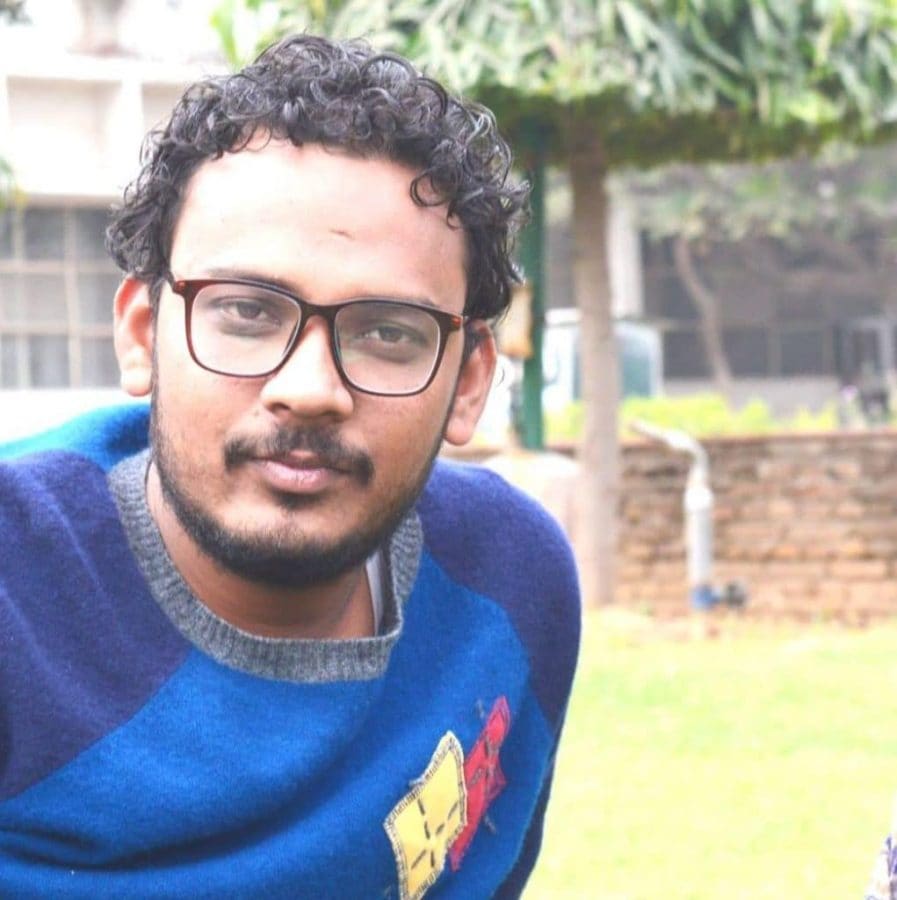Masud Ahmed was traveling through Mathura, a town in Uttar Pradesh’s northern state in India, on October 5 last year when he was stopped by a group of police officials.
Officers stationed at a checkpoint questioned him and three other passengers about their identities, affiliations, and travel plans.
The 26-year-old student activist informed the authorities they were on their way to Hathras, a tiny town in Uttar Pradesh state of India which is 43 kilometers (26 miles) from Mathura and approximately 200 kilometers (124 miles) from the capital, New Delhi, wearing a grey button-down shirt, a blue hat, and his beard shaved short.
The four were on their way to see the family of a Dalit youngster who had been gang-raped by four Hindu upper-caste males three weeks prior to their travel.
Dalits, often known as “untouchables,” are the lowest caste in India. India has a complex Hindu caste system and has long been oppressed by Hindus from higher castes.
The lady was taken from a field and raped, and her injuries were severe. The attack caused her tongue to be severed and her spinal cord to be shattered.
She died at a hospital in New Delhi on September 29 of last year.
The same night, the Uttar Pradesh police burned her remains without her family’s permission, claiming they were confined in their homes throughout the cremation.
The rape of a Dalit woman and the subsequent burning of her corpse by police sparked widespread indignation, with protests occurring throughout the nation against the state’s right-wing Bharatiya Janata Party (BJP) administration.
Ahmed and the other three, including journalist Siddique Kappan, agreed to visit the victim’s relatives in Hathras, India.
The four guys, however, were halted by police and requested to exit the vehicle; they were then escorted to a nearby police station and charged with disturbing the public order, a crime that might result in a fine. That, however, was just the start of their journey.
The lawyer also accused the cops of torturing Ahmed while he was being held in jail.
The Uttar Pradesh police’s special task force (STF) filed a 5,000-page charge sheet in a Mathura court on April 2 against Ahmed, Kappan, Rahman, Alam, and four others who were added to the case subsequently.
Ahmed’s family is concerned about his safety while inside. He warned them during a phone conversation in March that he was afraid of a physical assault from inmates who had been relocated into his cell unit.
He said he was afraid of a physical assault from inmates who had been relocated into his cell unit. Ahmed’s brother addressed many letters to state authorities, including Hitesh Awasthy, the director-general of police, to assure his brother’s safety, but received no answer.










